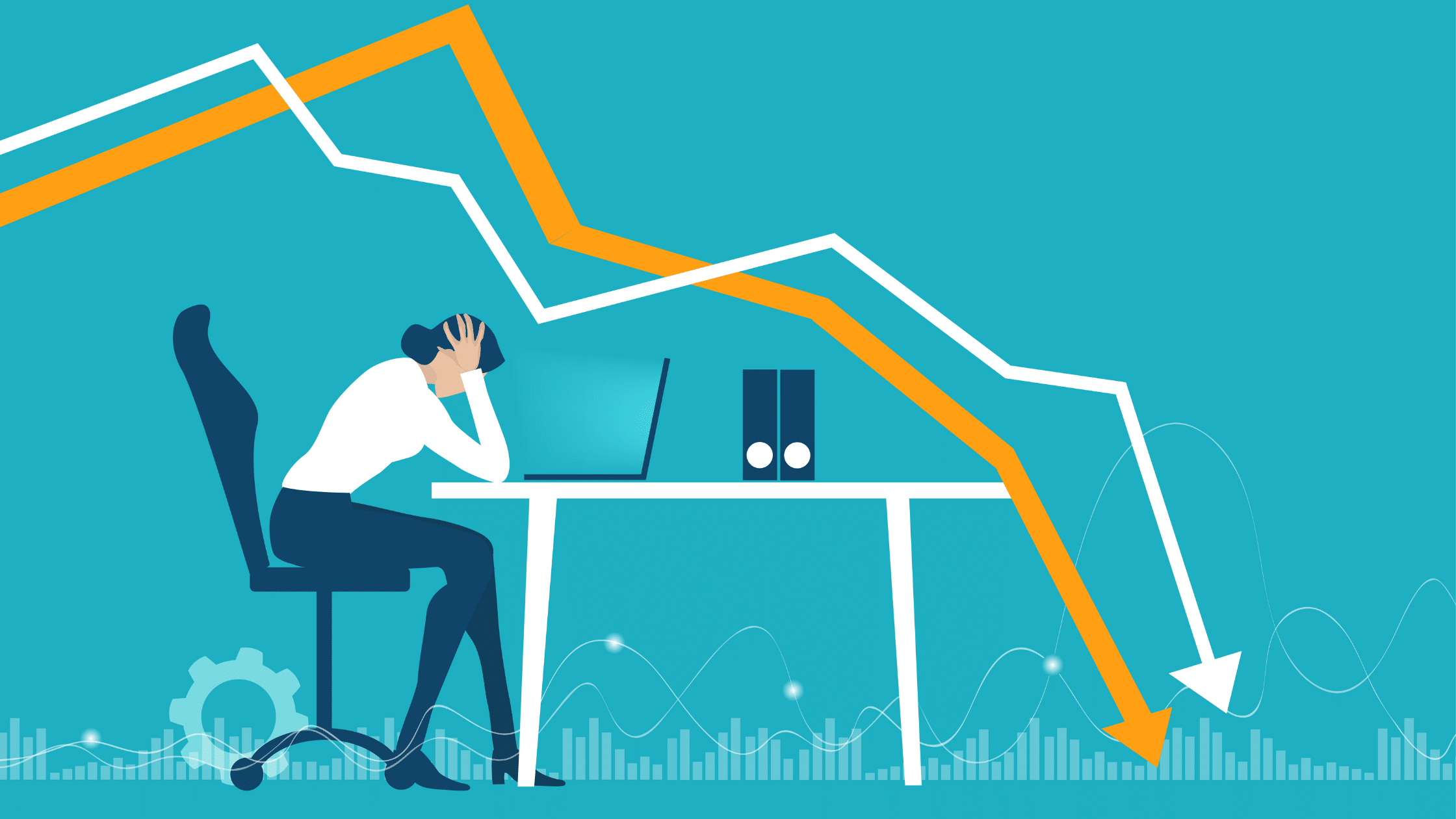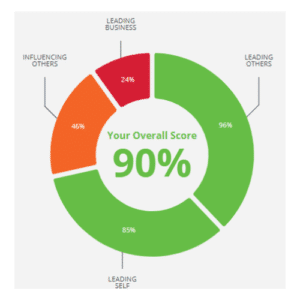Executive Burnout- simple ideas for how to avoid this destructive phenomenon

Is Executive Burnout a Pandemic Symptom - How You Can Avoid It
If you asked us back in 2019 what we thought work would look like in two years’ time, none of us would have guessed how significantly it would be changed by the COVID-19 pandemic.
Flash forward to 2022, and we’ve seen a massive shift to virtual workspaces over traditional offices. Companies have been restructured, people have lost their jobs, and new jobs have been created. Video calls and telecommuting have become the norm. More people are working flexible hours, working from home, and phoning in from dedicated workspaces or “Zoom rooms” they’ve created at home.
This disruption to our workplaces and work rhythms has had a number of positives for employees, including that they feel more supported, informed, engaged, and motivated, whilst enjoying more freedom and flexibility in how and when they work.
However, such colossal change in such a short amount of time also comes with some drawbacks – including the effect that it’s been having on CEOs, executives, and other members of the management team. Leading transformation always comes with a lot of pressure, and it’s safe to say that when the COVID-19 pandemic hit, many executives were thrown in the deep end.
After working through a pandemic, we’re now seeing much higher rates of burnout and cognitive fatigue in senior leaders – and as an extension of this, impaired decision making.
If you’re not already familiar with the concept of burnout, this occurs when an employee is exposed to significant stress in their workplace (usually for a prolonged period). If this stress is not adequately managed, as the employee is exposed to more and more stress over time, their emotional, physical, and mental health will begin to suffer. In the end, this will lead to that employee becoming cognitively fatigued.
Cognitive fatigue is often described as being like “your brain stops working”. Employees with cognitive fatigue may experience a fog-like mental state, and find it difficult to concentrate or complete tasks that they would normally complete with ease. They may also feel overwhelmed, forgetful, irritated, or disconnected, and experience symptoms like headaches and sleeplessness. Above all, their ability to make decisions will become impaired – which is a big issue when you’re at the helm of a company, and everyone is looking to you for direction.
It's not hard to see why this is happening. Much of this can be attributed to the long hours and hard work that executives have been forced to put in to get their companies up and running 100% online, supporting their employees as they transition to an entirely new way of work, and adapting their business models to ensure their survival.
For many, this has caused the line between work and home life to blur, meaning that stress from the former frequently ends up spilling over into the latter.
And that’s before you factor in all the other mental pressures of a pandemic, like restrictions, economic instability, and the general uncertainty and impacts that come with a global health crisis.
So, how can you combat burnout and cognitive fatigue, and reduce your chances of falling victim to it? The key is effective stress management. A lot of the times, this is easier said than done. However, if you’re starting to see the signs of burnout or cognitive fatigue, it’s important that you are able to recognise these, and make changes to stop yourself from becoming totally burnt out and exhausted.
These changes might include:
- Re-assess your priorities by identifying the things that are most important to you, and those that require the most energy and focus
- Be honest with yourself, and evaluate where you’re at now and where you’d like to get to (for example, what do you need to start doing, stop doing, continue doing, or change?)
- Considering the options available to you (for example, can you take leave, reduce your hours, change roles, or modify your current role in some way?)
- Making self-care a priority by making the time to do something you enjoy that has nothing to do with work
- Practicing mindfulness and meditation, or other activities associated with stress reduction (e.g. yoga)
- Eating well, getting regular exercise, and maintaining a good sleep schedule (as all of these things have been evidenced to have a number of benefits in stress reduction and improving mental health)
- Talking to a friend, relative, or co-worker about how you are feeling
- Talking to someone outside your organisation who has walked the path before you, who can act as a sounding board and support you during this challenging time
The last point is just one of the services I offer as an executive coach and advisor. Remember, you don’t need to be on this journey alone!
There are also a number of professional help services available if you are experiencing cognitive fatigue, burnout, or other mental health concerns. Lifeline (13 11 14) and Beyond Blue (1300 2246 36) are just two of the support services available to Australians.
References:
https://www.hortoninternational.com/news/how-covid-19-has-changed-the-way-we-work-for-the-better
https://fisherleadership.com/mental-fatigue-burnout/
https://hbr.org/1996/07/when-executives-burn-out
https://www.helpguide.org/articles/stress/burnout-prevention-and-recovery.htm
https://www.mayoclinic.org/healthy-lifestyle/adult-health/in-depth/burnout/art-20046642
https://www.businessnewsdaily.com/15173-combat-workplace-burnout.html
HOW WELL DO YOU LEAD YOURSELF, LEAD OTHERS AND LEAD IN BUSINESS?
DISCOVER YOUR LEADERSHIP SCORE - TAKE THE TEST - CLICK HERE
P.S. Whenever you’re ready… here are 4 ways I can help you intensify your impact, influence and income.
1. Grab a Copy of my Latest Book (available in all good bookstores, and on Audible)
Lead Beyond 2030 shares the nine skills you need to intensify your leadership impact. A powerful exploration of what separates great leaders from the rest. - Find Out More
2. FREE - Test Your Leadership Scorecard:
Discover your leadership score and the 9 leadership accelerators to increase your ability to intensify your impact and performance. — Click Here
3. Join our Master Influence Program and be a Case Study
If you're ambitious, this is for you - I’m putting together a new leadership case study group… stay in touch for details. If you’d like to work with me to master the art of influence and unleash your most powerful self…Click Here
The ability to influence is the greatest accelerator of impact and performance, and it intensely affects our career, our income and how we lead people. — Find Out More
4. Work with me privately
If you’d like to work with me privately to take your career, impact and leadership to the next level… send me a message and with the word “Privately”… tell me about yourself and what you'd like to focus on together and achieve, and I’ll get you all the details! — Click Here
Caroline Kennedy, author of Lead Beyond 2030: The Nine Skills You Need to Intensify Your Leadership Impact, is an accomplished, award-winning CEO and global thought leader on business and leadership. She is a highly sought-after mentor and coach to top global executives. A respected keynote speaker and author, Caroline’s methods are neuroscience-based to achieve rapid development and growth.

